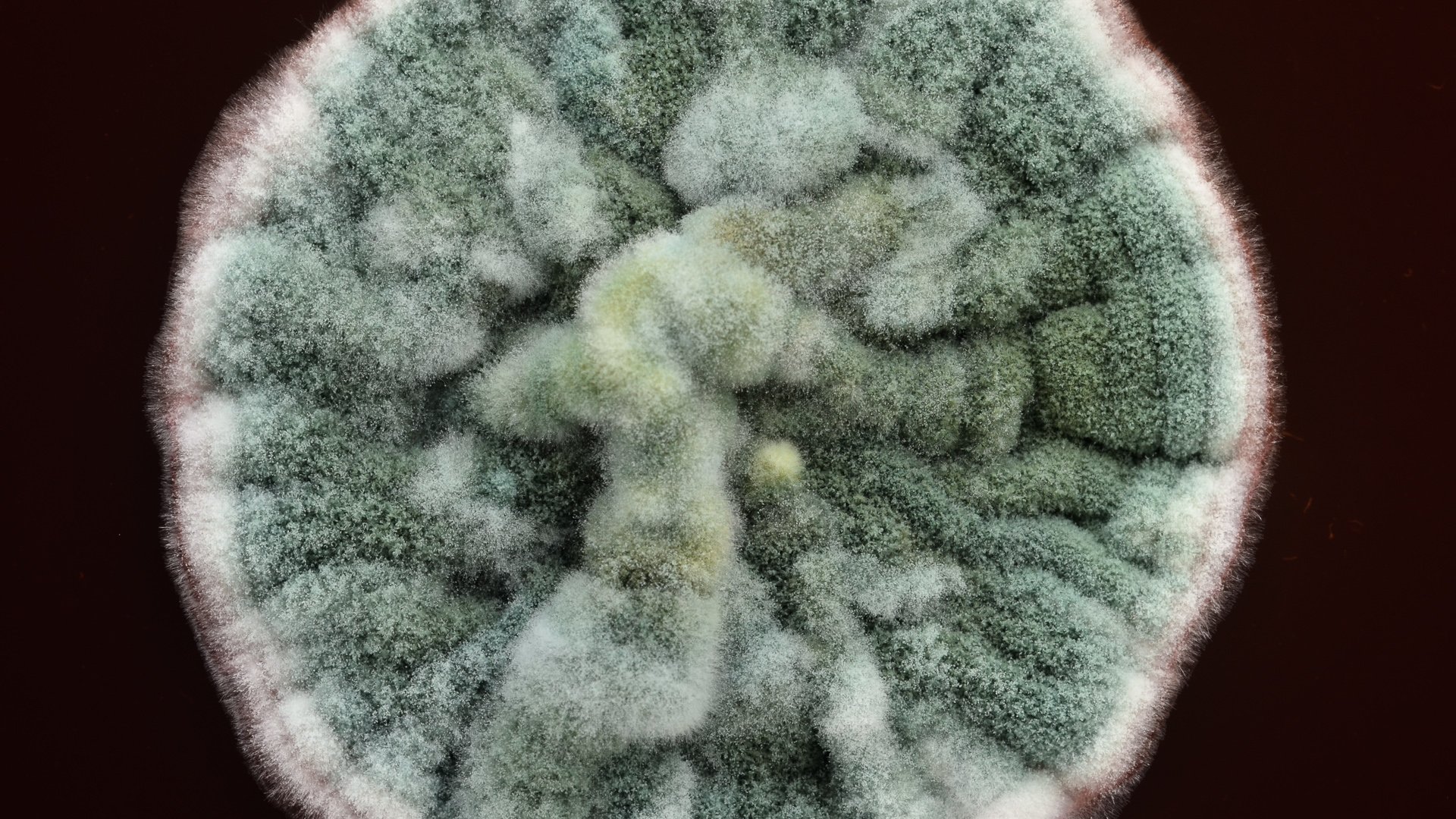In addition to the more widely known gastrointestinal bacteria, many different types of fungi also live in our intestines. One of the most common is Cladosporium, which makes long fungal threads (hyphae) in our intestines. We don’t yet know exactly what this and other types of fungi do in our intestines.
In addition to the more widely known gastrointestinal bacteria, many different types of fungi also live in our intestines. One of the most common is Cladosporium, which makes long fungal threads (hyphae) in our intestines. We don’t yet know exactly what this and other types of fungi do in our intestines.
Mycobiome
When we think of intestinal microbes , we often think of bacteria . Yet many fungus and yeast (single-celled fungi) species also live in our intestines. We collectively refer to them as the mycobiome, which comes from the Greek for fungus , ‘mykes’. At present, we don’t know very much about the mycobiome other than that it is highly diverse and seems to be significantly affected by our diet.
Our diet
The diversity of gut fungi pales in comparison to the nearly 1,200 species of bacteria. Of the 100 to 300 species of gut fungi, only about 15 can be found in any given person, such as various species of Candida and Cladosporium. The dozens of other species of intestinal fungi are unique. There is a good reason for this: we ingest roughly half of these species through what we eat. Some well-known examples include Saccharomyces cereviseae, better known as beer or baker’s yeast, and Penicillium , which can be found in blue cheese.
Specialists
Gastrointestinal fungi are adapted to the unique conditions in the intestines. The intestinal pH levels vary from highly acidic immediately after the stomach to very alkaline in the mucous lining of the intestinal wall. In addition, the inside of our body is much warmer than most environments found in nature. On top of that, most fungi need oxygen , which is lacking in the intestines .
Many unknowns
What these fungi do in our gut, and whether they are just as crucial to our health as intestinal bacteria are, is as yet unknown. We also do not yet know whether they cooperate with gut bacteria and one another or whether they compete. Given the lack of clarity about the importance of our intestinal microbiota to our health, more and more research is being done on this group of eukaryotic intestinal dwellers.

